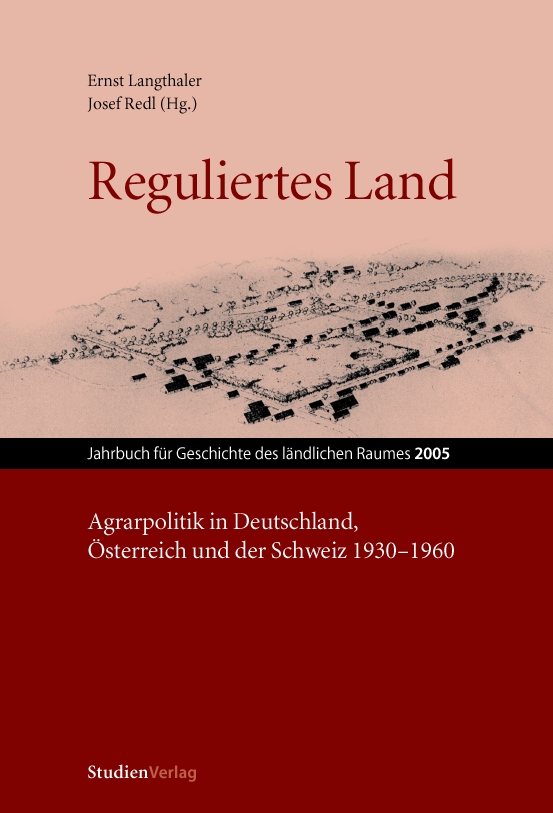Umbruch und Kontinuität
Agrarpolitik in der SBZ und frühen DDR
DOI:
https://doi.org/10.25365/rhy-2005-9Abstract
Historiography on the development of agriculture and rural society in the Soviet Zone of Occupation and the GDR has largely concentrated on certain aspects of the profound change enforced by Soviet officers as well as German party and state officials, respectively. Contrary to this approach, the contribution places the agrarian policies initiated in the late 1940s und early 1950s into their wider historical context. In this perspective, continuities coalesced with ruptures. Whereas state direction of agricultural production after 1945 was closely tied to interventionist policies in Germany since the late 1870s, the rulers in the Politburo of the Socialist Unity Party (SED) abolished private land property. Thus, the foundations of the free agricultural enterprise which had emerged from the liberal reform of the early nineteenth century were also destroyed. Although it did not completely vanish, the traditional peasant culture was finally undermined by collectivization in the 1950s. Nevertheless, the agrarian policies of the leading functionaries were mitigated by the resilience of traditional values and social relations in village communities. By extending its analytical scope, historical scholarship contributes to an overall assessment of the impact of the agrarian policies pursued by the SED on the long-term development of agriculture and rural society in Germany.


